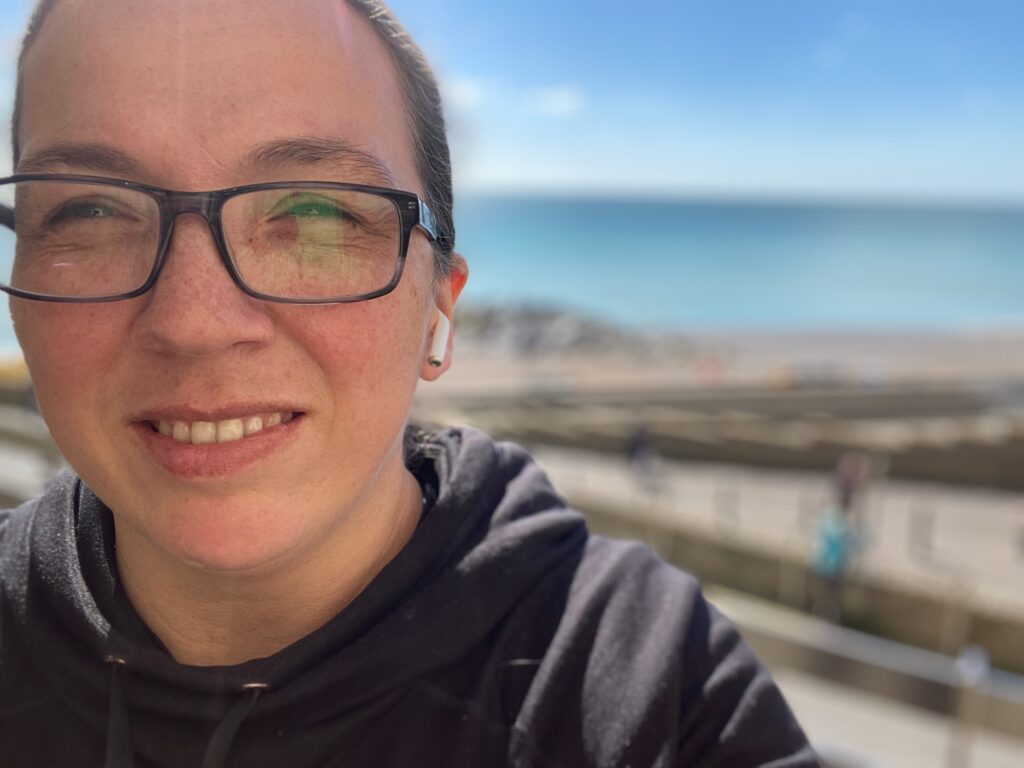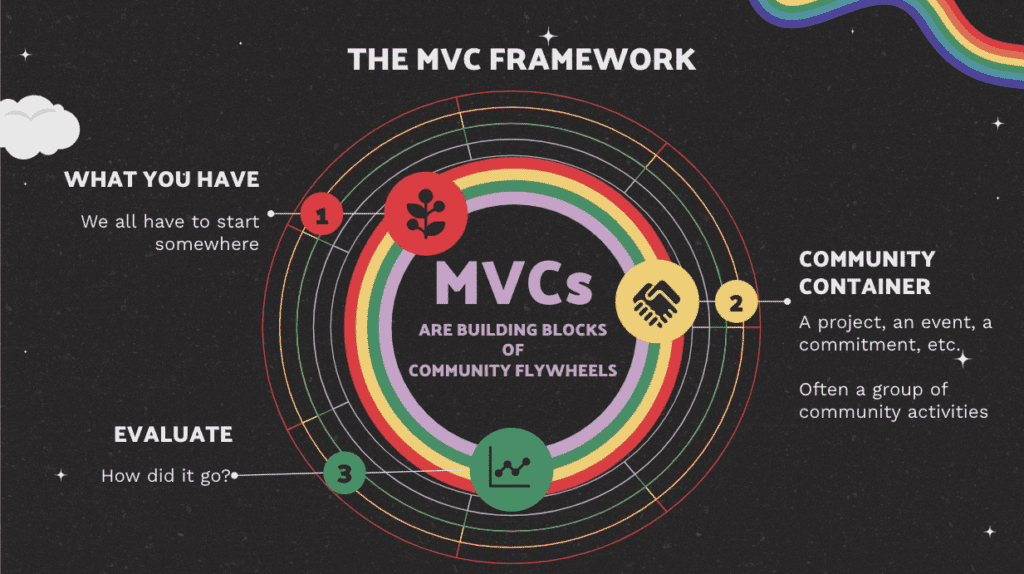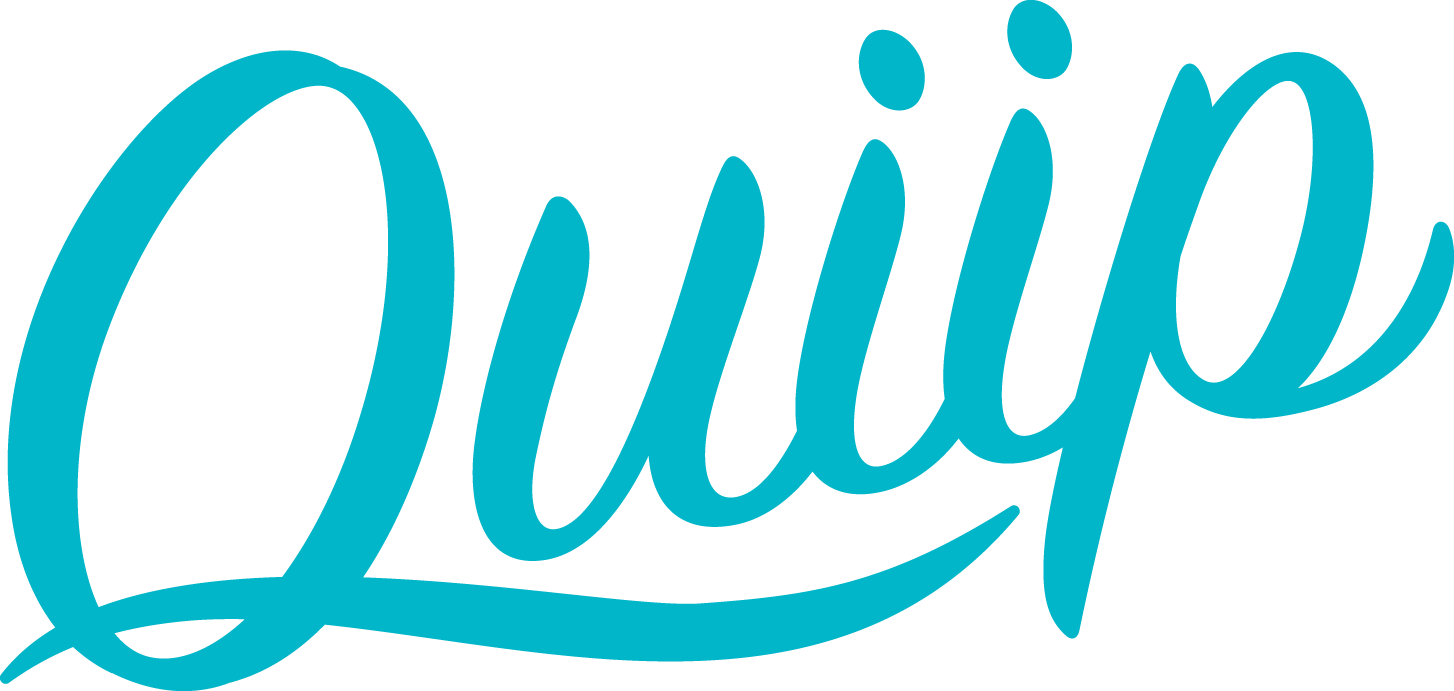How to Build a Minimum Viable Community with Rosie Sherry
Philomena Smillie, Team Lead, Quiip
As more and more organisations realise the importance and benefits of online community, it’s no surprise that people are looking for guidance and best practice measures when building places for people to gather online.

Rosie Sherry, Community Executive Officer of Rosieland, joined us for our Swarm Conference in 2022 to share her thoughts on building community, the minimum viable way. Rosie has helped countless businesses and individuals create, navigate, and maintain successful online spaces and is the go-to thought leader in the world of community. If community building is on your radar (and we think it should be!) read on to learn more.
What is a Minimal Viable Community (MVC)?
Like the concept of a Minimal Viable Product (an early version of a product with minimal features so early users can provide feedback) an MVC is the smallest valuable action you can take to start the process of building community. It enables you to build community in a lean/agile way, by testing things out and undertaking iterative development.
Quite often, as human nature has it, we want to (and expect to) jump straight into a robust community from the get-go, however Rosie stresses the importance in accepting that a community doesn’t look like a community at the start. There’s work to be done and important questions to ask to set yourself on the right path for the benefit of the people you are hoping to attract and serve.
So where do you start?
Rosie believes that community should seek to solve problems and, to be successful, it’s imperative to start small and truly understand the needs and niche areas of interest within your community. Start where you are, with what you have. While we all at times wish we had more resources, there’s a never a better time to start than the present.
Everyone has access to something… Ask yourself: What do you have? A vision? Ideas? Information? Access to the internet? A social following or email list? Do your online research, start talking to people about your ideas, develop relationships, go to events, volunteer, fundraise. Community builders should become the expert in what they are seeking to build and there is no better example of this than Rosie herself.
Start small and problem solve
Once you’ve done the research, fleshed out your vision, spoken to others about your ideas and hopes, it’s time to create a ‘community container’. According to Rosie, a community container is a carefully curated group of community activities that have the following three components
1. They are a commitment or project,
2. They deliver value and,
3. They align with your vision.
Maybe you share jobs in a newsletter (project) that helps members find work (value) and it supports career development (vision alignment). Perhaps you host a Twitter Space (project) about a trending topic (value) where attendees all align (vision alignment). Some of Rosie’s other examples of community containers include creating a directory, starting a podcast, organising an event or a giveaway, offering some mentoring services or writing a blog. The possibilities are endless!

Evaluate and make friends with data
Evaluation is an important part of the process and community builders need to ask themselves honest questions at each stage of the MVP journey. By pausing regularly and reflecting on the actions you have taken and how they are being received, Rosie believes you strengthen your awareness as a community builder and in turn your confidence grows.
While building the thriving community you are after may seem like a painfully slow process to begin, MVC’s grow overtime. By collecting data along the way and adjusting as you go, not only will you have a bank of qualitative and quantitative information to refer back to (handy when proving an MVC’s value to your organisation), you will also be steadily improving the experience for your community.
Take notes, capture your wins (and losses!). Collect questions that keep coming up – another problem to solve? Fantastic. Write a blog post on that re-occurring topic. Track how it was received. Did you gain more followers/subscribers? Have you spotted any trends or gaps in the market that could be addressed?
A problem you may encounter is how to manage all the information involved in the research, set up and tracking of an online community. Rosie suggests that community managers need to develop better strategies for collecting data (‘Your memory sucks!’) and habits for doing something with it. Thankfully, there are tools that can help, especially when it comes to sharing data, ideas, and insights within a team.
Some tools Rosie uses that may assist include: Savannah HQ for providing trackable insights to understand and grow community from a data perspective; Waves to catalogue the best content and conversations on Slack; and a community diary, such as Notion, to help you get into the habit of taking down notes and tracking your wins.
Make a positive difference
Rosie is successful in no small part due to her drive and enthusiasm for all things community. We believe a big part of her success is her commitment to staying aligned with what community means and the impact it can have. She is driven by the question ‘what’s the point of making community if we’re not making progress, not making a difference?’ Keeping this question front of mind will help keep you on track when building a successful online community. The very definition of community is a group of people with a shared interest or purpose – so find your purpose and let’s get building!
This year, Swarm Conference is taking place in person in Sydney on Wednesday, 30th August. Make sure to check out the Swarm website so you don’t miss out on tickets.
